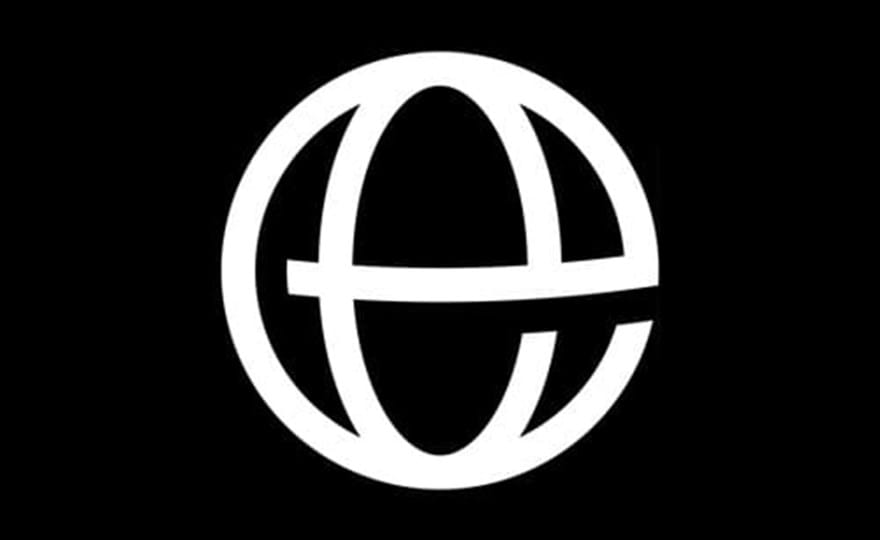ClientEarth Communications
7th March 2019


A European Commission decision to allow a Canadian company to sell pigments for paints containing highly dangerous chemicals has today been deemed illegal.
Environmental organisations have welcomed a ruling by the Tribunal of the EU, which overturns the authorisation granted to Dominion Colour Corporation (DCC) to supply red and yellow lead chromate pigments to European markets. Lead chromates contain lead, a neurotoxin that can harm the nervous system and chromium VI, a well-known carcinogen. Children are particularly vulnerable to lead exposure and health effects are generally irreversible and have a lifelong impact. Lead chromates are also extremely toxic to aquatic life.
DCC was the only company that applied for an authorisation to use sulfochromate and lead chromate molybdate for road marking paints and a range of other applications in the EU. Today’s judgment has immediate effect: DCC can no longer sell these pigments in the EU market.
ClientEarth lawyer Alice Bernard said: “This ruling sends a clear message to decision-makers: the Commission and national governments that sided with it, in this case, must stop trying to bend chemical law to protect industry laggards, rather than putting public health first. Rules must be applied to protect public health and the environment, as well as companies investing in safer alternative solutions.”
The ruling is a victory for the Swedish government, which brought the case before the EU courts in 2016, challenging the Commission’s initial authorisation. The use of these toxic paint components had been abandoned for decades in many EU countries. In Sweden, they have not been used for 30 years. Many paint companies publicly state that alternatives do exist and that they have been using safer ingredients for years.
Bernard added: “This is a huge victory for the environment and for public health. It’s also a victory for the companies who had invested in safer solutions decades ago that the Commission’s authorisation had effectively disadvantaged. The Tribunal clearly reminded the Commission and the supportive member states that, accordingly to the law, the burden to prove suitable alternatives are not available lies with the company applying for authorisation. Awarding this authorisation on the condition that the company provided the necessary evidence at a later date was not only too lax but illegal.”
In parallel, a coalition of environmental organisations including ClientEarth, as well as the European Environmental Bureau (EEB), the International Chemical Secretariat (ChemSec) and International POPs Elimination Network (IPEN) brought a case against the Commission for refusing to review the same authorisation. The case is still pending.